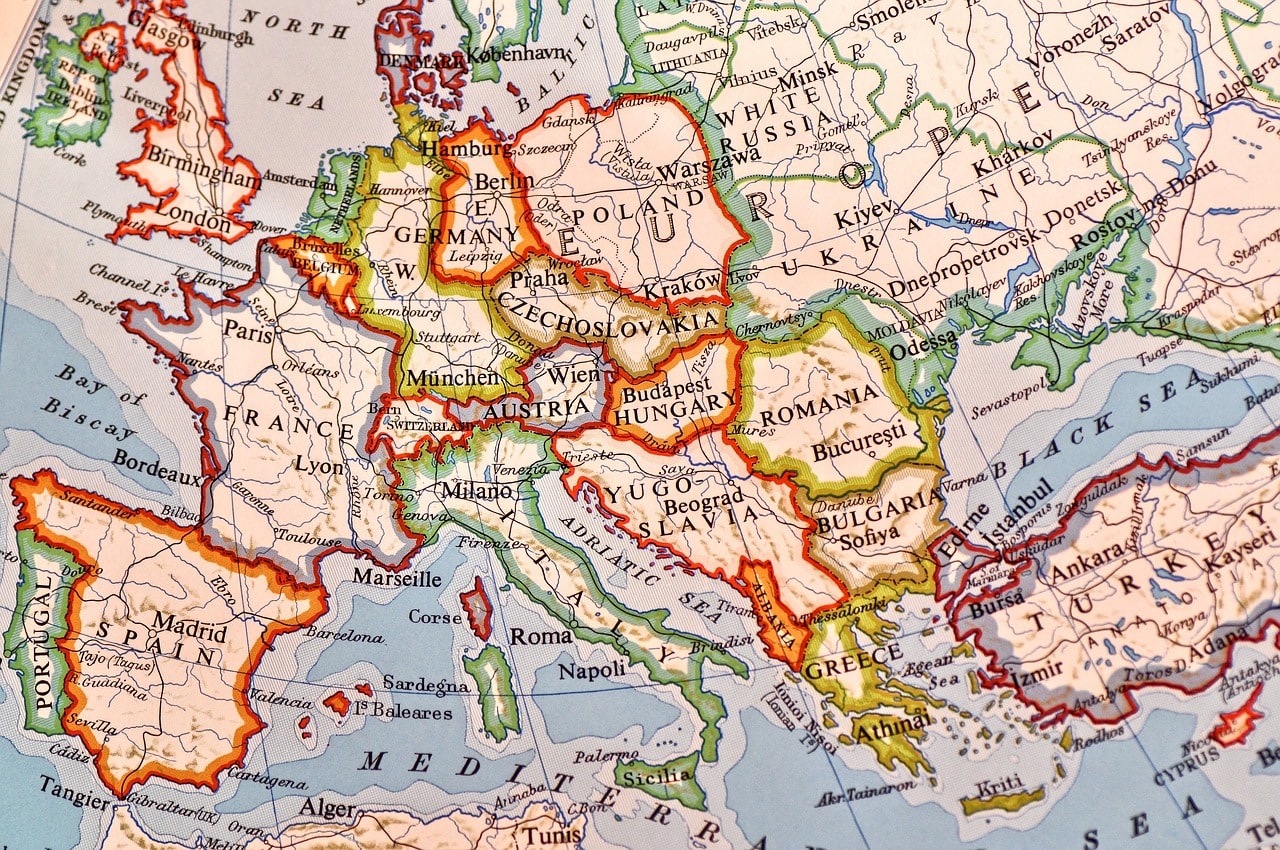

The Flussi Decree 2025 confirms itself as a crucial tool for managing immigration in Italy. With the recent DL 145/2024 and the Interministerial Circular of October 24, 2024, the government has introduced important innovations to simplify and speed up procedures, responding to the growing needs of the labor market in strategic sectors such as agriculture, tourism, transportation, and social and health care.
In this article we will elaborate on the most relevant news, including the new entry quotas, details on the sectors affected, and regularization procedures for 2025. We would like to remind you that WAI aims with this dossier to inform its users but does not offer assistance on this matter, while we invite those who need help with the necessary permits for arrival and stay in Italy to contact us.
As in previous years, the application to access the quotas of the Flows Decree must be submitted by the employer (Italian or foreigner legally residing in Italy). As of 2025, all domestic visa applicants must provide biometric identifiers to improve security checks and standardize procedures. The application, completed through the Ministry of the Interior's ALI portal, must include:
The main change introduced by DL 145/2024 is theobligation for employers to have a digital domicile (PEC), registered in the INI-PEC (for legal persons) or INAD (for natural persons) databases, which becomes the official reference for all communications.
The Flows Decree 2025 establishes a total of 181,450 quotas divided between seasonal, nonseasonal and self-employment.
The employer must confirm the validity of the application for the clearance within 7 days after being notified of the conclusion of the entry visa assessment. Failure to do so shall result in revocation of the clearance. Checks on compliance with the collective agreement and the appropriateness of applications will be carried out by the Labor Inspectorate in cooperation with AGEA for the agricultural sector.
Non-seasonal employment: the decree introduces new requirements, which we list below.
Seasonal work: the agricultural and tourism/hotel sectors have the following benefits.
For 2025, 10,000 out-of-quota allowances were introduced for workers in the family and socio-health care sector, targeting people with disabilities (under LD 62/2024) and large dependent elderly (under LD 29/2024).
The application must be submitted through authorized employment agencies or employer associations, with documentation proving the requirements of the assisted person.
DL 145/2024 confirms the possibility of regularization for undocumented immigrants employed in sectors such as agriculture and family and social care.
The procedure involves:
A special residence permit is introduced for victims of caporalism or labor exploitation, with the right to legal aid at state expense. Reserved quotas are provided for citizens from countries with bilateral migration agreements.
Pre-filling on the ALI portal is scheduled in two periods:
The main dates of the click days are:
The integration agreement for the issuance of residence permits will be digitally signed to simplify processes and ensure greater transparency.
The Flussi Decree 2025 represents an important step forward in the management of immigration in Italy as it meets the needs of key sectors and simplifies procedures for workers and employers. The new provisions offer significant opportunities to regularize the position of irregular workers and integrate skilled labor into the Italian market.
We advise you to periodically check the updated information on the official channels of the Ministry of the Interior to know all the news and deadlines in time.

Lascia un commento
Comments